Medusa is the bad hair day from Hades. Sidi Larbi Cherkaoui’s retelling of the Greek myth is frizzy, tangled and splitting at the ends. The premise is promising. This Medusa story is a Perseus prequel: the girl who became a gorgon. The young Medusa (Natalia Osipova) is a priestess at the temple of Athena (Olivia Cowley). Her beauty is legend and the sea god Poseidon (Ryoichi Hirano) is keen to get his webs on her. Poseidon rapes Medusa and angers the virgin goddess Athena. But it is Medusa, not Poseidon, who is punished. Athena makes Medusa a monster. Then along comes Perseus (Matthew Ball), no hero he, to cut Medusa a savage short back and sides.
Cherkaoui, artistic director of the Royal Ballet of Flanders, has said that his Medusa is about ‘power and the abuse of power’. This #MeToo Medusa is a brave effort that trips over its own winged sandals. There has been a justifiable fuss in recent years about ballet’s ‘rape problem’. Want to spice up your second act? A rape scene will do it. See Kenneth MacMillan’s Manon, The Judas Tree, and The Invitation. In Arthur Pita’s The Wind, Osipova was a pioneer bride raped in a prairie storm. Cherkaoui’s Medusa, then, is a noble endeavour, drably realised. Medusa ought to petrify, not bore to torpor.
Osipova is mesmerising all the same. Her subtle, supple shifts from brittleness to sinuous ease make her body both serpent and statue. Poseidon’s assault is muted: a suggestion of something slimy, something unwanted; a scaled and salted violation, but nothing graphic or gratuitous.
Athena’s transformation sees Osipova cursed with a frightful Ascot fascinator, a Halloween shock-wig of black pipe cleaners. What possessed the costume department? Perseus wears a fishnet boiler suit and Poseidon a tinfoil kilt. Medusa’s anguish is expressed in wincing splits and wracked backwards bends. The Perseus pas de deux is a series of ungainly grapples. At the risk of mixing my myths: don’t tie dancers into Gordian knots that cannot be undone without an ugly severing of bodies.
There’s something of the Greeks to Christopher Wheeldon’s revival of Within the Golden Hour. The mood is neoclassical: somewhere between Temple of the Muses and cocktails at a Bacchanal. Imagine a meadow below Olympus. Three couples gather with attendants. They might be nymphs and satyrs, dryads and demigods. Beatriz Stix-Brunell and Vadim Muntagirov are co-conspirators. They dance as if playing a great game. There’s wit here. In sweet asides, they dance an almost-lindy-hop, they walk like an Egyptian. Lauren Cuthbertson and Ryoichi Hirano move with pleating precision, folding their limbs into origami creases. It’s always worth watching Cuthbertson’s wrists. Her gestures have the grace of a Fra Angelico prayer or blessing. Sarah Lamb, partnered by Alexander Campbell, is among the immortals. She is soft and sure, silk and marble. Altogether, a pleasing revival of this Apollonian suite.
Crystal Pite’s Flight Pattern was danced to rapturous reception in 2017. I’ve not entirely drunk the Crystal Kool-Aid. There are passages of pathos in Flight Pattern and a climactic, ecstatic final third, but the severe, tectonic movement of the corps becomes unrelenting. The theme is migration, displacement, forced marches and containments without end. As many as 40 dancers advance in increments. They queue and wait and are repelled. Time stands still. Marcelino Sambé’s solo is a bravura display of compressed power and Kristen McNally is painfully frail as a mother parted from her child. In the most effective sequence, dancers take wing, shrugging off their greatcoats, seeming briefly to soar, to be free.
Got something to add? Join the discussion and comment below.
Get 10 issues for just $10
Subscribe to The Spectator Australia today for the next 10 magazine issues, plus full online access, for just $10.
You might disagree with half of it, but you’ll enjoy reading all of it. Try your first month for free, then just $2 a week for the remainder of your first year.


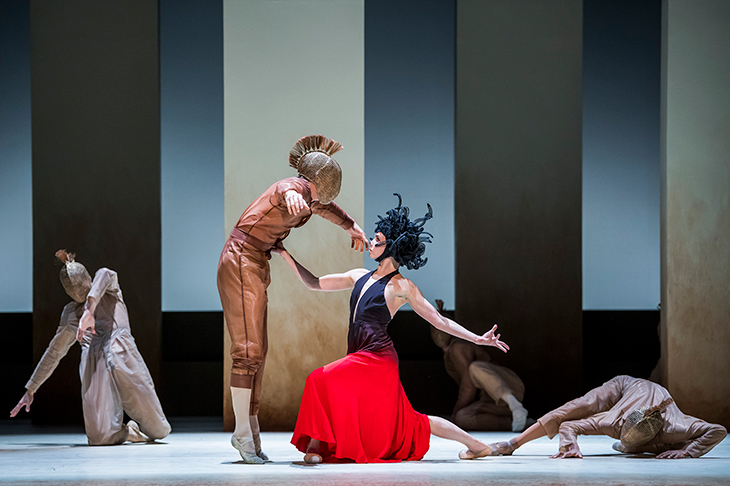
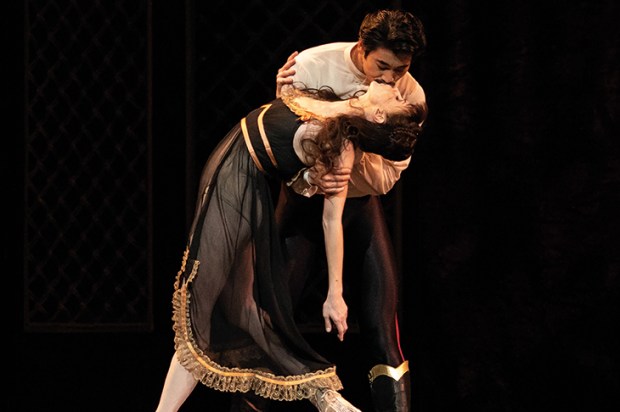
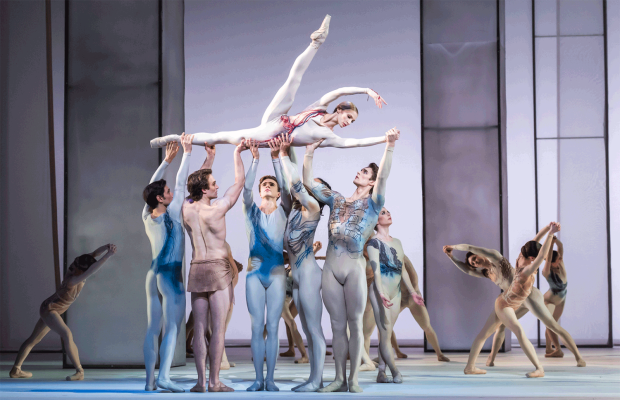
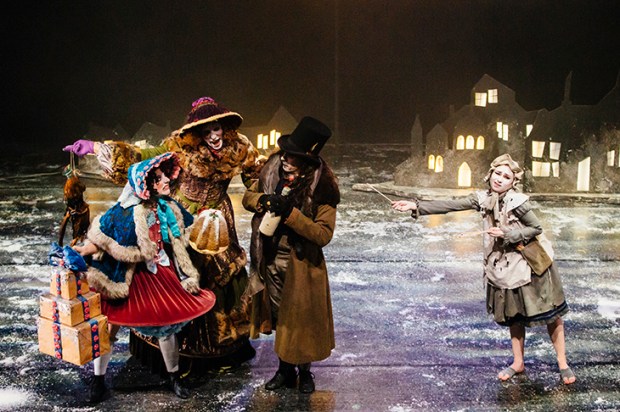

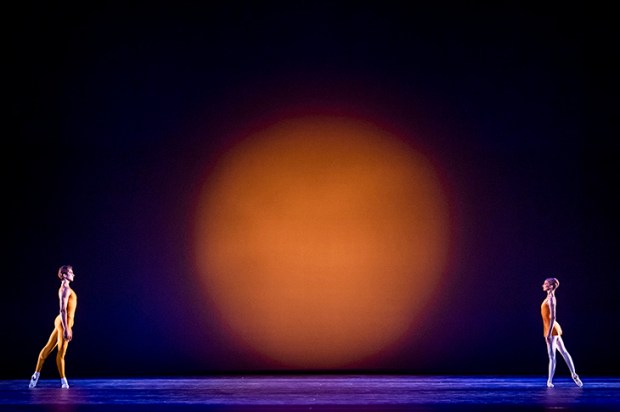







Comments
Don't miss out
Join the conversation with other Spectator Australia readers. Subscribe to leave a comment.
SUBSCRIBEAlready a subscriber? Log in